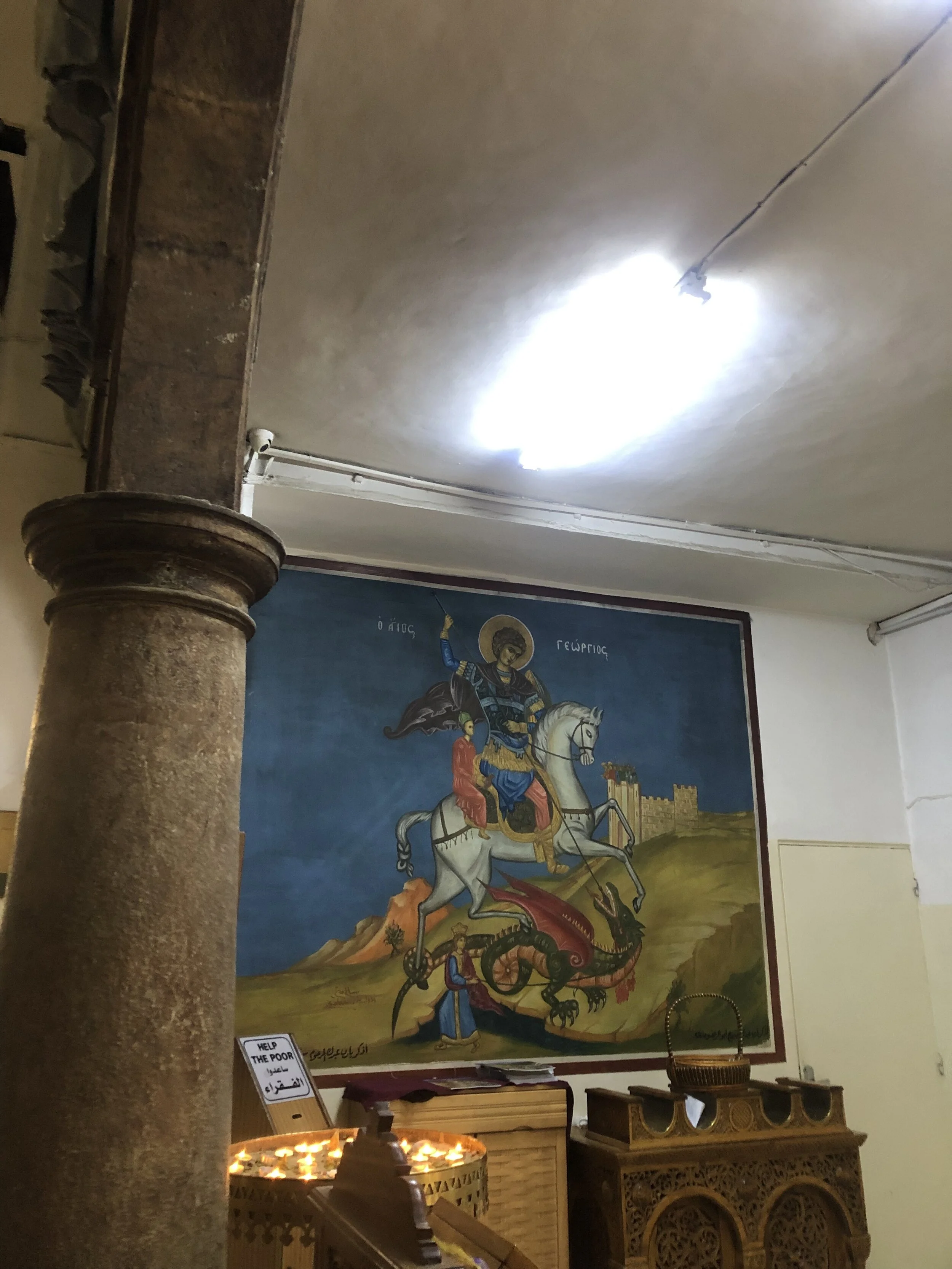"Music in Morocco: My Soul is Guembrified" by Mohammed Omari
Morocco’s musical landscape is rich. It echoes its history and present. The diversity of the landscape and people brings about how each group or community tells their stories through music, using different musical instruments, rhythms, melodies, dialects, and even different languages. A specific kind or different kinds of music permeate each region. As you hear rhythms and melodies playing on the background in the streets and squares of old medinas, the feeling of curiosity and an utter need to dance is irresistible. Sounds that are impossible to ignore. At least that is how I feel, and many Moroccans share this same feeling.
My soul is Guembrified. The latter is not even a word; but it derives from Geumbri, the vital musical instrument used in Gnawa music that emits a beautiful sound you cannot refuse. Gnawa has its roots in ancient African traditions. It originates from enslaved black Africans who integrated into the Moroccan society. Simply put, Gnawa looks to establish a connection to the past. Gnawa uses different forms of poetry and dancing. Most traditional Gnawa songs uses Darija in their lyrics to convey meaning. Understanding the lyrics requires more than speaking Darija. The capacity to grasp those meanings depends on how much one is able to read spiritual and cultural connotation between the lines. Enjoying and feeling the music, however, is universal. There are good reasons why Gnawa has captivated my soul and many Moroccans’, and it is likely going to captivate yours as well.
There is other indigenous Moroccan music besides Gnawa, Amazigh folk music. Thanks to the tradition of transmitting songs and poetry from one generation to another, the Amazigh community is rich musically and culturally. There are many types of Amazigh music, but one in particular amazed me by its beauty and complexity. I personally had a chance to get a closer look at one type and spoke with one of the band leaders of Ahwash music whose voice I can still hear. This type of music uses improvised poetry to perform singing and dancing. It is a form of village music typically sung and danced by two antiphonal groups. In the past, women and men took part in the two groups, separated by gender. They both exchange calls and responses about different topics. One thing no group wants is to be unable to find a good verse to respond. But no one loses, it is in fact a celebration at the end of a year or a crop season to express their gratitude.
Isn’t that amazing?!
Other types of Moroccan music that I personally listen to a lot vary from classical, popular, and rap. Cultural diversity in Morocco has affected Classical and Moroccan Chaabi music. Moroccan Jews have made their touch visible in Chaabi music, especially by the prominent singer Raymonde El Bidaouia and many others. Chaabi music is simply a music for the people. In most areas, it is the most played music in wedding ceremonies. No surprise if you find a Moroccan wedding that lasts 10 hours straight, spent between eating and dancing to Chaabi. There are many rap artists that use their platform to talk about challenges and issues that people face. Don Bigg and Fnaire are amongst the first generations of rap artists in Morocco. Now, many bands and singers are finding their own way to express their identities using different languages including French and English, Shayfeen is one of them.
There are many distinct types of music in Morocco that make visiting or living in Morocco an enriching experience. A closer look at different cultures and lifestyles presented in the form of music enables anyone to interact with people and view Moroccan cultures differently. Morocco has a stunning variety of folk music and colorful dance traditions that can only be touched upon here. There are many festivals to attend in different regions in Morocco, each with a different genre and kind of music.
Mohammed Omari is an Arabic teacher with AMIDEAST based in Morocco.






